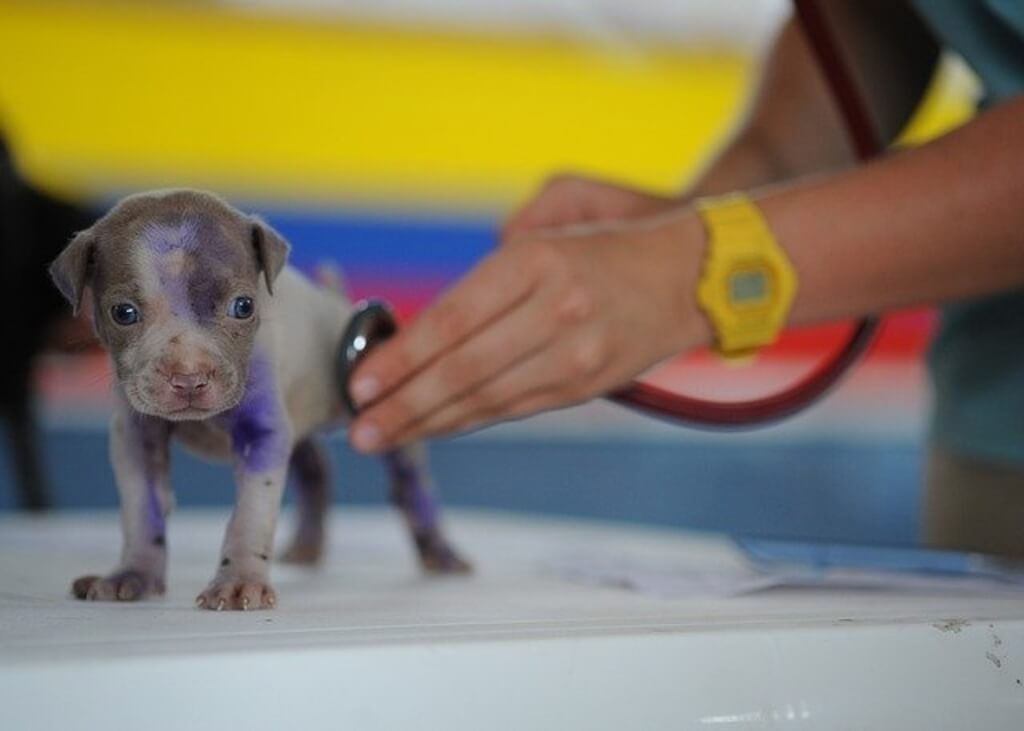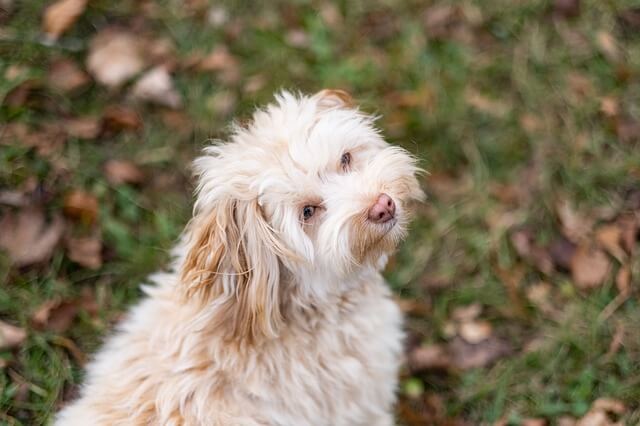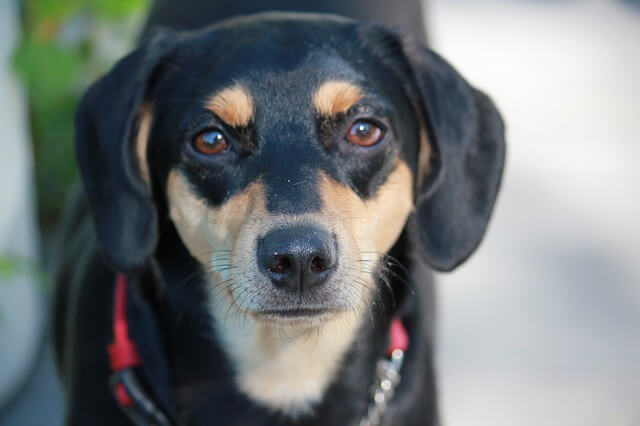
When it comes to choosing a small dog for your family, you need to make sure that they have as few health problems as possible. This is especially important if you want to have a pet that will grow old gracefully and not suffer from age-related diseases like cancer or diabetes. It is true that most dogs will live for at least ten years or so, but there are always going to be accidents, diseases and ailments that can catch them at that young age.
By choosing to spay or neuter your dog, this will lower your dog’s chance of health problems, such as mammary cancer, testicular cancer, and lowers the risk of prostate problems. So be sure to take care of your pet properly and carefully, or you could end up with something that is very serious. Check out the list below for a list of all the small dog breeds with the least health issues.
Border Collie
While they are an excellent option for first time dog owners, and very good for advanced and competitive dog sports, the Border Collie has its downsides. They are very sensitive to cold and are unable to cope with much stress, and they have been known to suffer from allergies, eye diseases, and various forms of cancer over the years.
This has placed this breed at a disadvantage when it comes to adoption from shelters, as adopting an older dog may mean that the young children do not get to enjoy the benefits of having a pet of their own. Even though they are not the most popular choice, young children who like dogs will find the Border Collie an enjoyable and engaging breed to possess.
Cardigan Welsh Corgi

As a result of their intelligent, inquisitive nature, Cardigans are extremely popular with families who already have other pets. They make great companions and are affectionate without being overbearing, and as a result, they are quite healthy dogs. However, Cardigans have their own set of inbuilt health problems which need to be considered when purchasing a new Corgi (including a genetic predisposition towards hip dysplasia or dislocation).
If you are a new Corgi owner then it is especially important that you familiarize yourself with all aspects of Corgi care, including how to spot and treat any Corgi health problems.
Miniature Pinscher
Originally from Germany, the Miniature Pinscher was a tiny, sturdy dog with a lovable and playful personality. Known as an intelligent, loyal breed, however, it also tends to possess a stubborn streak. Despite its small size, the Miniature Pinscher has a muscular, athletic body with the spirit of an active, alert dog.The Miniature Pinscher has an overall good health history with only a few known health issues.
Characterized by smooth, short coats that are either flat or slightly raised, the Miniature Pinscher usually has a variety of colors to choose from including metallic black or earthy brown. In contrast to some of the more fragile breeds, the Miniature Pinscher thrives in a busy, happy household. However, with proper training, it can learn to be a gentle and calm pet.
Chihuahua
The Chihuahua breed are popular for its many varied temperaments. They are small and delicate, but the Chihuahua usually makes up for size with love and affection. Many people find this a perfect match for their family, and there are even some Chihuahua breeders who breed the tiny animals. Chihuahuas also frequently develop hypoglycemia, a condition in which the body does not regulate blood sugar levels.
When there is a shortage of glycogen, or sugar in the body, cells will not work properly and can shut down, or die. Hypoglycemia in dogs is extremely serious, and if left untreated can lead to death. So, if you own a Chihuahua and you notice that its eyes are glazed, you may need to get the dog tested for low blood sugar. .
Basenji
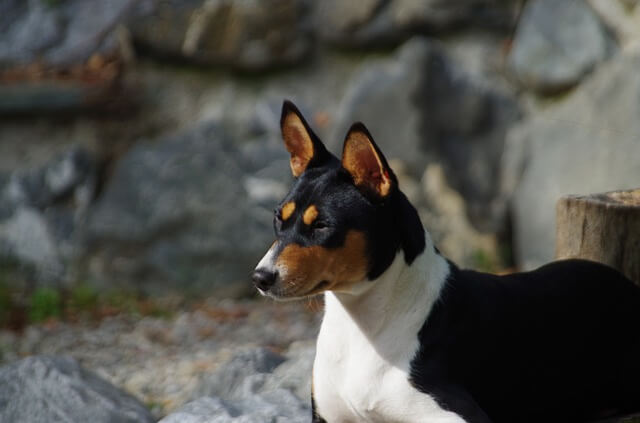
First, make sure that you have the ideal home for your Basenji. The ideal home for a Basenji would be a fenced in yard with a fenced in area for exercise and several areas for the dog to retreat to when it becomes nervous or stressed. The housebreaking habits of these dogs require plenty of time outside to prevent excessive barking.
Also, it’s essential that you train your dog from an early age, so that you will establish a hierarchy with your dog and be able to take over the leadership when necessary. A well-trained Basenji will be very obedient and happy with its owner. The basenji rarely has any health issues, but the most common are hip dysplasia (CHD), corneal dystrophy, and patellar luxation.
Beagle

The Beagle breed of dog was originally bred to be a herding dog but in time other breeds have taken over such as the Jack Russell and the Fox Terrier to name a few. Today you will find the Beagle breed being used for many different professions such as police work, herding sheep, and show dogs. The Beagle is also a very good scent hound, usually bred for hunting big game such as hares.
A Beagle’s grooming needs are also quite high and they require daily brushing, nail clipping, and even ear cleaning to keep their coats long and shiny. The most common health problems linked with Beagles are epilepsy, cherry eye, obesity, allergies, and hypothyroidism.
Bichon Frise
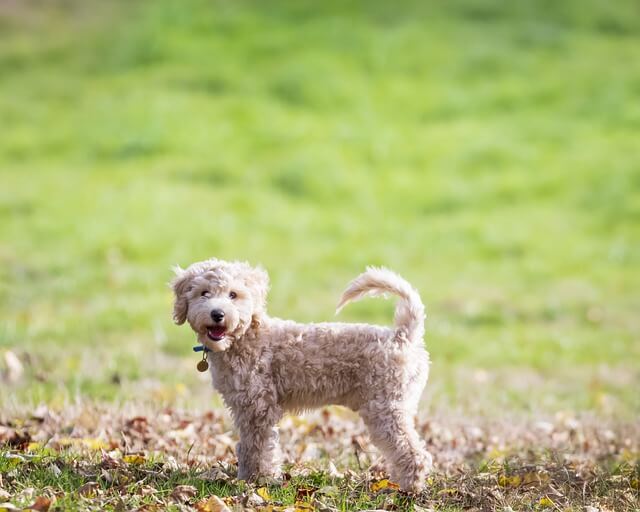
The Bichon Frise are a very loyal breed, and they can become destructive when bored or when they are not given attention. If you are going to get a Bichon Frise as a pet, you need to make sure that you give him plenty of attention on a daily basis. Since these dogs like to be around a lot, if you don’t give them enough attention they will become more irritable, and then they may even try to ruin your home.
If you are constantly busy with work or other activities, you need to remember that your Bichon Frise should have the chance to spend time with you. Health issues that can sometimes affect this breed are allergies, patellar luxation, and hyperadrenocorticism, cataract and canine hip dysplasia, Legg-Perthes and liver disease.
Dachshund

The dachshund is an excellent choice for a family pet. They are intelligent and curious, and can learn a great deal quickly and easily. They are extremely alert and require almost constant attention from their owner. They are very loyal and will stick by their master faithfully.Although they are very energetic and active, these small animals do need to get plenty of exercise each day.
As with many small dogs, dachshunds have an eagerness to please, which means that they will try to play with or even test you new toys and foods. If you are a new dachshund owner, it is wise to familiarize yourself with the breed so that you know what to expect in terms of behavior and size. The dachshund usually have no issues but the most common are back problems, canine cancer, seizures, or heart problems.
Havanese
The Havanese is still the second most popular purebred toy breed, trailing only the Shih Tzu. This tiny, energetic breed loves to play and run around, but is otherwise quiet and gentle. They do require daily grooming and will shed a lot. The coat needs to be brushed regularly to keep it from matting. Because they love to play, the havanese dog breed is a great breed for apartment life.
Due to their small size, most havanese puppies will not grow too big or tall. Most have personalities that are easy to get along with. The havanese may get some issues over the course of its life, such as chondrodysplasia, heart murmurs, eye disorders, Legg-Calve-Perthes disease, and patellar luxation.
Miniature Schnauzer
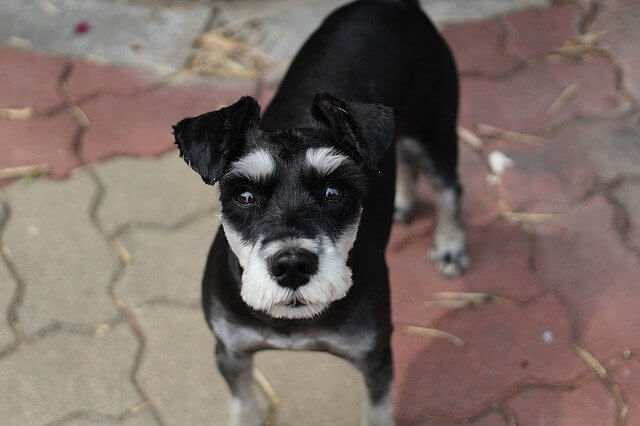
Miniature Schnauzers is very protective of their owners, they will attack anyone that gets too close to them. However, unlike other breeds of dogs, the Miniature Schnauzer does not have the tendency to bark at anything that is not familiar to it. In addition, the Miniature Schnauzer can be a very healthy breed due to the fact that they live for an average of fifteen years.
Due to their small size, regular exercise is not necessary and since they love to snuggle and cuddle with you, they will rarely require walking. The most common age related problems with this breed are allergies, epilepsy, diabetes and pancreatitis.
Pomeranian
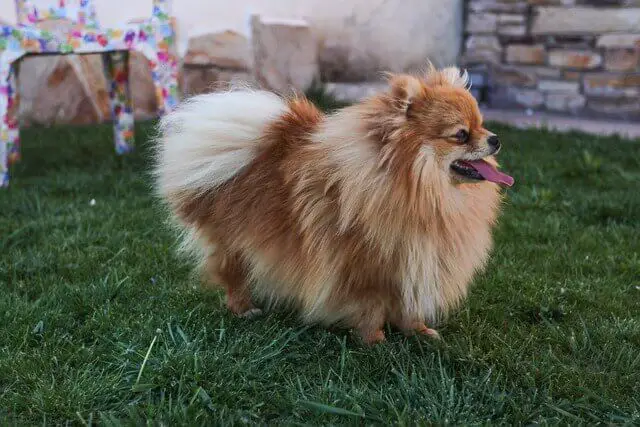
The Pomeranian is a very friendly and cuddly breed of dog with its sweet personality and attractive silky smooth coat. Although the Pomeranian has many desirable traits, it is not advisable to own one without a daily brushing and clipping routine, as the double coat can lead to skin allergies and hair loss. It is also not advisable to keep the dog in a closed cabinet or room because it can lead to barking or destructive behavior if left in a closed space.
Proper socialization and training can help you build a positive bond with your dog and ensure that your dog has a long life. Due to their loving and devoted nature, Pomeranian dogs will give you years of happiness and companionship. The most common health problems are luxating patella and tracheal collapse.
Poodle

If you are looking for a Miniature poodle for a pet, you should understand that the tiny size of these dogs makes them extremely vulnerable to common health issues. Miniature poodles suffer from breathing problems, skin problems, hip dysplasia, kidney problems, eye problems, dental problems, and a number of other common health issues.
Because of this, it is very important that you understand the grooming needs of your Miniature poodle before choosing to get one as a pet. It is extremely important that you choose a reputable breeder who will be willing to work with you to ensure that you have chosen the right Miniature Poodle for your family.
Pug

If you’re looking for an energetic, intelligent, beautiful, and friendly dog, the pug is probably a good choice, since the breed is both incredibly calm and affectionate, and extremely easy to train. Pugs are naturally shy and calm, but they can be trained to be pleasant, sweet, compliant, or even playful. Although these dogs are known as being easy to train and to handle, some people believe that pugs are highly intelligent and prone to barking.
While it’s not abnormal for pugs to bark, these dogs really don’t need any excessive training, as long as the owners are consistent with reinforcing positive behavior. The pug dog breed is popular in many families, mostly because of their cute, loving demeanor. Many pug owners find the breed to be somewhat hypo-allergenic, although some people do have issues with the earwax accumulation and skin problems common to many breeds of dogs.
Shih Tzu
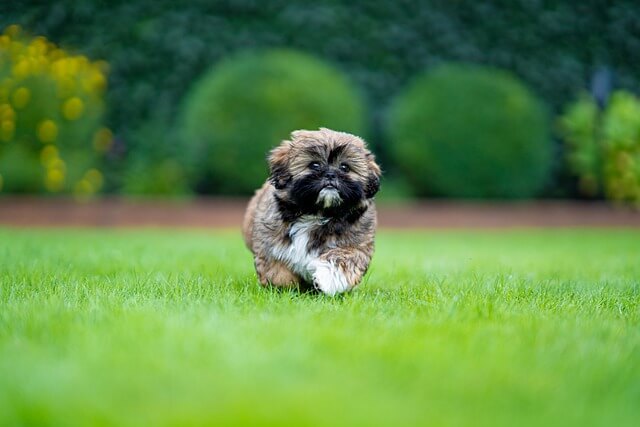
The Shih Tzu is an adorable toy dog breed that is very easy to care for. The breed is famous for its temperament and intelligence. They can be quite stubborn at times, but with proper training and obedience, this usually becomes a low-stress, low-anxiety breed. Proper dog grooming table maintenance is essential if you want your pet to have a good temperament. You need to make sure that you trim their nails regularly, and that their coat is being bathed on a regular basis and not simply left to grow.
Brushing out loose hair on a daily basis, as well as removing mats and tangles on the coat will help keep your pet happy and healthy. You should also make sure that you provide your dog with plenty of love and attention – both physical and emotional – to make sure that your relationship is strong and enjoyable. It is important to note that a happy and healthy Shih Tzu will make a great companion and a loving friend to have around for many years to come. Some age related health issues are hip dysplasia, patellar luxation, cataracts, progressive retinal atrophy, retinal detachment, and corneal dryness
Manchester Terrier
The Manchester Terrier isn’t actually a purebred Manchester Terrier. It is actually a very popular breed of dog which was first bred specifically to control rats, particularly vermin, where it excelled. It has a medium-length coat that is quite dense and straight, and blue eyes. Like many terriers it is quite easy to train and manage, and as such is commonly used as a companion dog to people who suffer from allergies or have specific medical problems, where it would be an immense help to aid in their recovery.
This is also why the breed is particularly well suited to being adopted by elderly people, who do not need to be around furry creatures for too much longer. Some problems that can affect this dog are epilepsy, diabetes, urinary stones, and heart disease.

